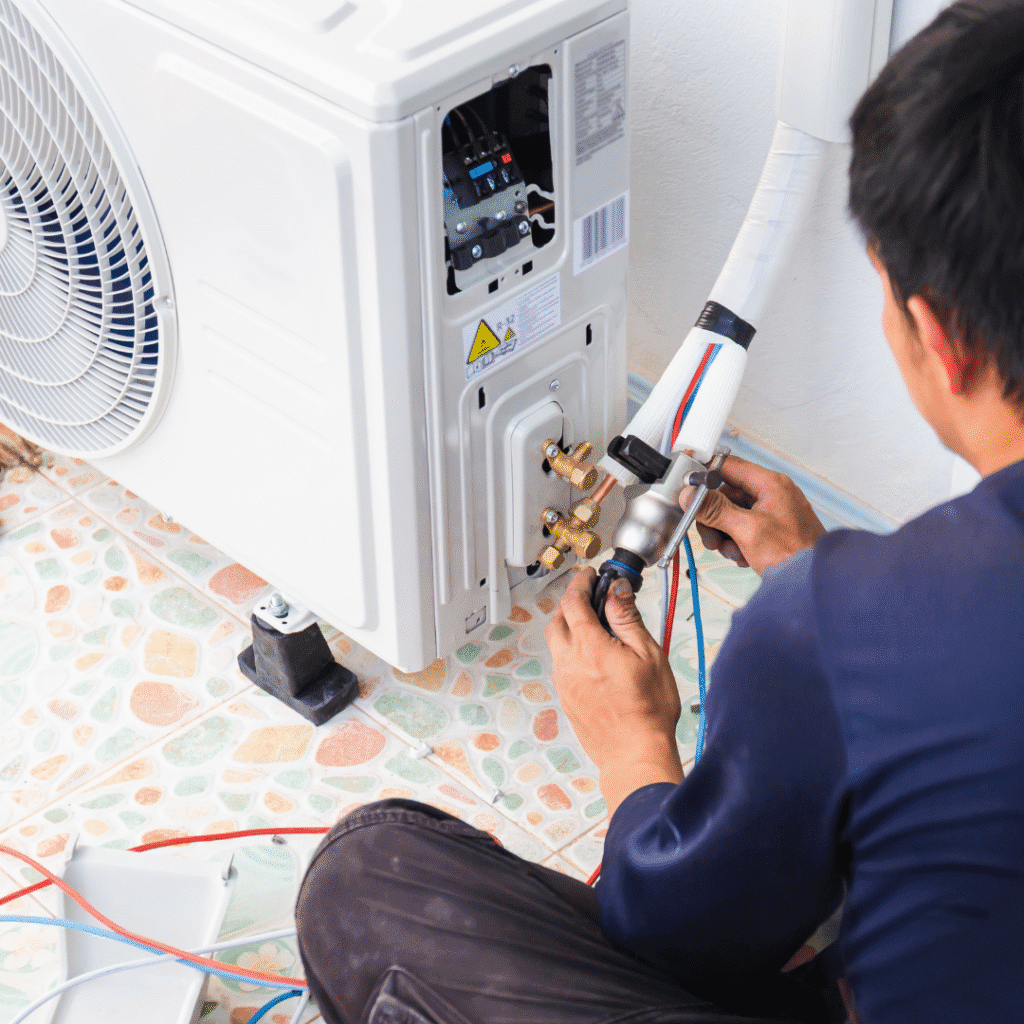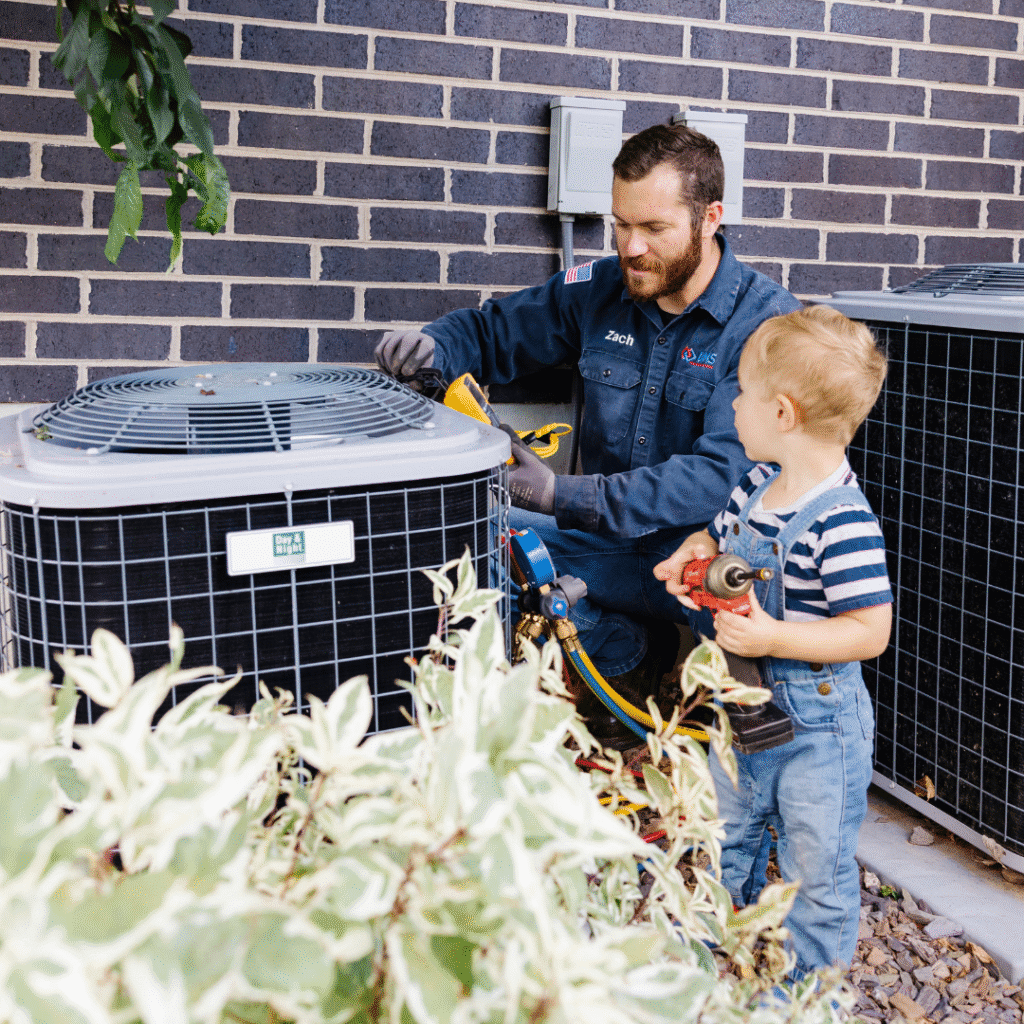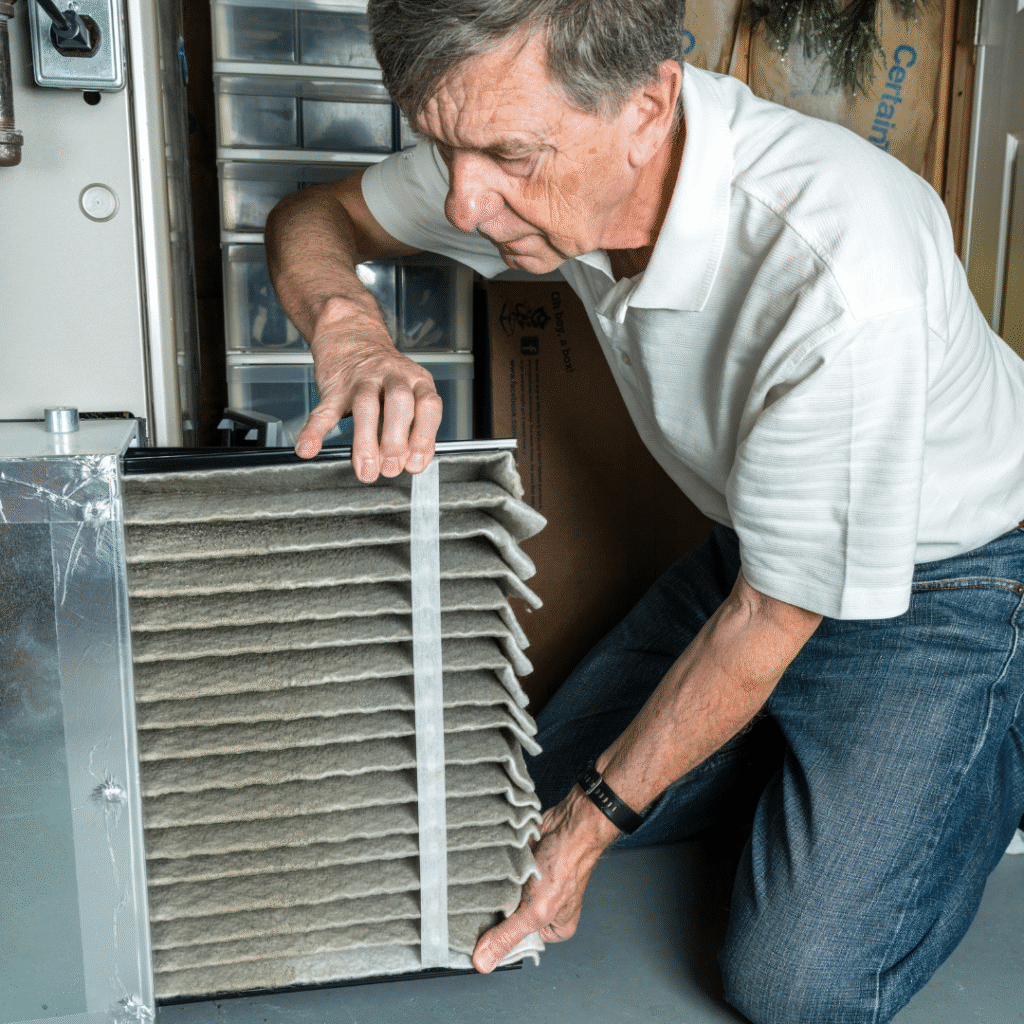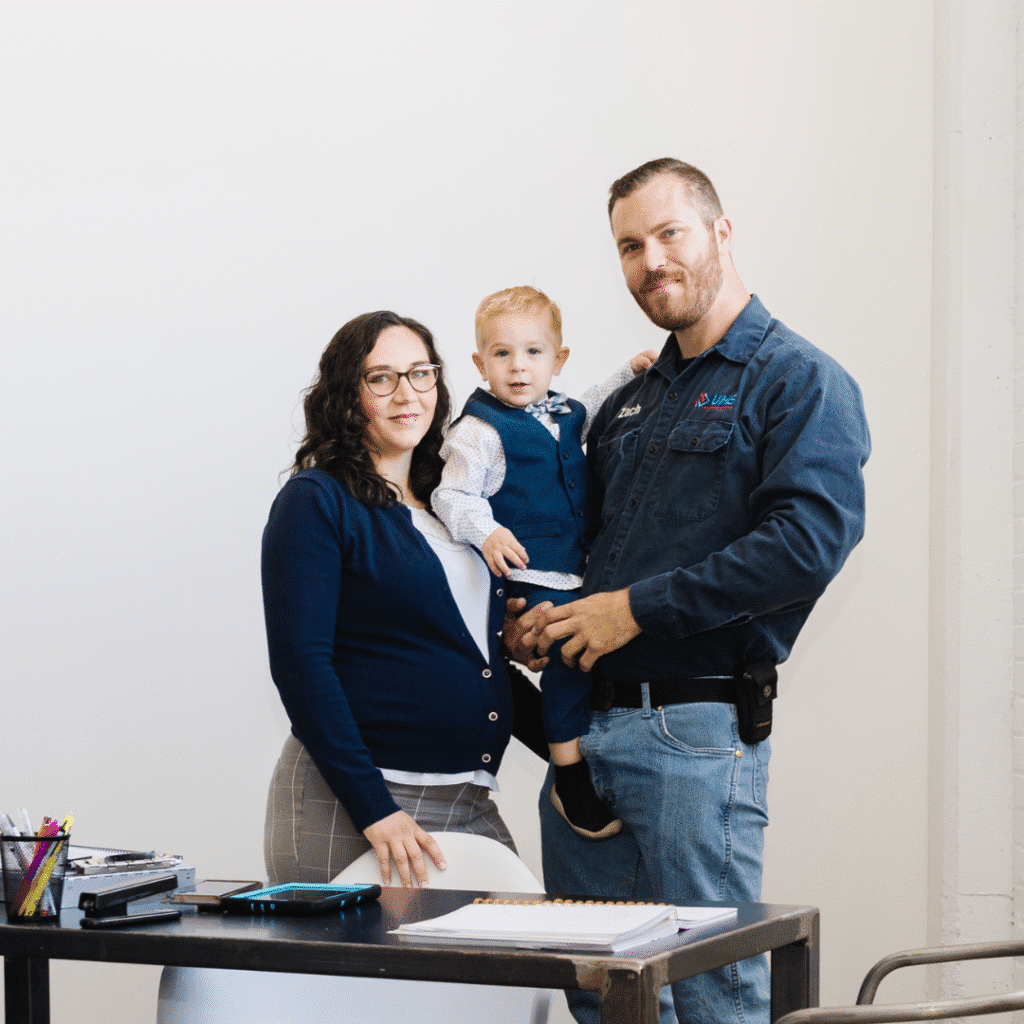Heating, ventilation, and air conditioning (HVAC) systems are the backbone of indoor comfort in homes, offices, and industrial facilities. Whether it’s cooling in the summer, heating in the winter, or maintaining air quality year-round, HVAC systems play a critical role in both residential and commercial spaces. But like any complex mechanical system, HVAC units require ongoing maintenance and occasional repairs.
The question many facility managers, homeowners, and business owners face is: Should minor HVAC repairs be handled in-house or outsourced to professionals? The answer isn’t always black and white. The decision depends on cost, expertise, liability, safety, and long-term performance. Let’s break down the considerations and facts that can help guide this decision.
The Case for Handling HVAC Repairs In-House

For businesses with maintenance staff or homeowners with some mechanical experience, it might seem logical to handle small HVAC repairs internally. Some common minor issues include replacing air filters, cleaning coils, or resetting tripped breakers. These tasks are often low-risk and can be done without specialized tools.
Pros of In-House Repairs:
- Cost Savings on Service Calls
HVAC technicians typically charge $75–$150 per hour for service calls, according to HomeAdvisor. Even small tasks can result in a bill of $200 or more. By training in-house staff to manage minor tasks, you can reduce reliance on external contractors and cut costs. - Faster Response Time
If an HVAC unit fails on a hot summer day or during peak business hours, waiting for an outside technician can be costly in both comfort and productivity. Having staff who can troubleshoot minor issues quickly ensures faster turnaround. - Preventive Maintenance Capabilities
Regular in-house checks, such as replacing filters monthly or cleaning vents, can extend the life of HVAC equipment. The U.S. Department of Energy notes that replacing a dirty, clogged filter with a clean one can lower a household’s air conditioner energy consumption by 5%–15%. - Skill Development for Staff
For organizations with a facilities team, training staff on routine HVAC maintenance not only improves efficiency but also boosts employee skillsets and job satisfaction.
Cons of In-House Repairs:
- Safety Concerns
HVAC systems involve electricity, pressurized refrigerants, and sharp moving parts. The Occupational Safety and Health Administration (OSHA) reports that improper handling of HVAC refrigerants can cause frostbite, respiratory issues, or even explosions. Without proper training and certification (like EPA Section 608 for refrigerant handling in the U.S.), attempting certain repairs can put workers in danger.
2. Warranty Issues
Many HVAC manufacturers, such as Carrier and Trane, specify in their warranties that only licensed professionals should perform repairs. DIY fixes beyond basic maintenance could void equipment warranties, leading to costly replacements later.
3. Misdiagnosis and Bigger Problems
HVAC systems are interconnected. A small mistake, such as replacing the wrong capacitor or incorrectly wiring a thermostat, can cascade into larger failures. Studies from the Building Performance Institute show that improper HVAC servicing is one of the leading causes of premature system failure.
4. Compliance and Liability
Commercial buildings are often subject to strict building codes, environmental regulations, and workplace safety standards. Using uncertified staff for refrigerant-related repairs, for example, can result in regulatory fines. Worse, if an accident occurs, the liability may fall on the employer.
When to Outsource HVAC Repairs

Professional HVAC contractors bring specialized expertise, diagnostic tools, and certifications that in-house staff often lack. Outsourcing is the safer, more reliable option for anything beyond basic maintenance.
Situations That Require Outsourcing:
- Refrigerant Leaks: Only certified technicians can legally handle refrigerants due to EPA regulations.
- Electrical Issues: Problems with wiring, breakers, or circuit boards require specialized tools and safety training.
- Component Replacements: Motors, compressors, or coils are complex and expensive parts that should not be tampered with by untrained staff.
- System Design or Installation Errors: If airflow is unbalanced, ductwork is leaking, or the system wasn’t sized properly, professional expertise is required to avoid long-term inefficiencies.
According to the U.S. Department of Energy, improper installation and service can reduce HVAC efficiency by up to 30%, dramatically increasing energy costs. Outsourcing ensures your system runs at peak performance.
A Balanced Approach: Hybrid Maintenance

The most cost-effective strategy often isn’t choosing one side or the other, but adopting a hybrid model:
- In-house staff can handle routine tasks like filter changes, cleaning vents, and monitoring system performance.
- Outsourced professionals can perform seasonal inspections, annual tune-ups, and all HVAC repairs involving refrigerants, electrical components, or major mechanical parts.
This approach ensures that you minimize costs while maintaining safety, compliance, and long-term reliability.
Conclusion

So, should you handle minor HVAC repairs in-house or outsource them? The answer depends on the type of repair, your staff’s training, and your tolerance for risk.
- In-house repairs are practical for routine maintenance and very minor fixes.
- Outsourcing is essential for anything involving refrigerants, electrical systems, or warranty-sensitive components.
By adopting a hybrid approach, empowering staff to handle small tasks while relying on professionals for complex issues, you’ll achieve the best of both worlds: lower costs, improved efficiency, and peace of mind.
Ultimately, HVAC systems are long-term investments. Protecting them with the right balance of in-house care and professional service will save money and ensure comfort for years to come.

